Barclays and four ex-bankers charged with 2008 fraud
Former chief executive John Varley and three other directors accused over crisis-era fundraising
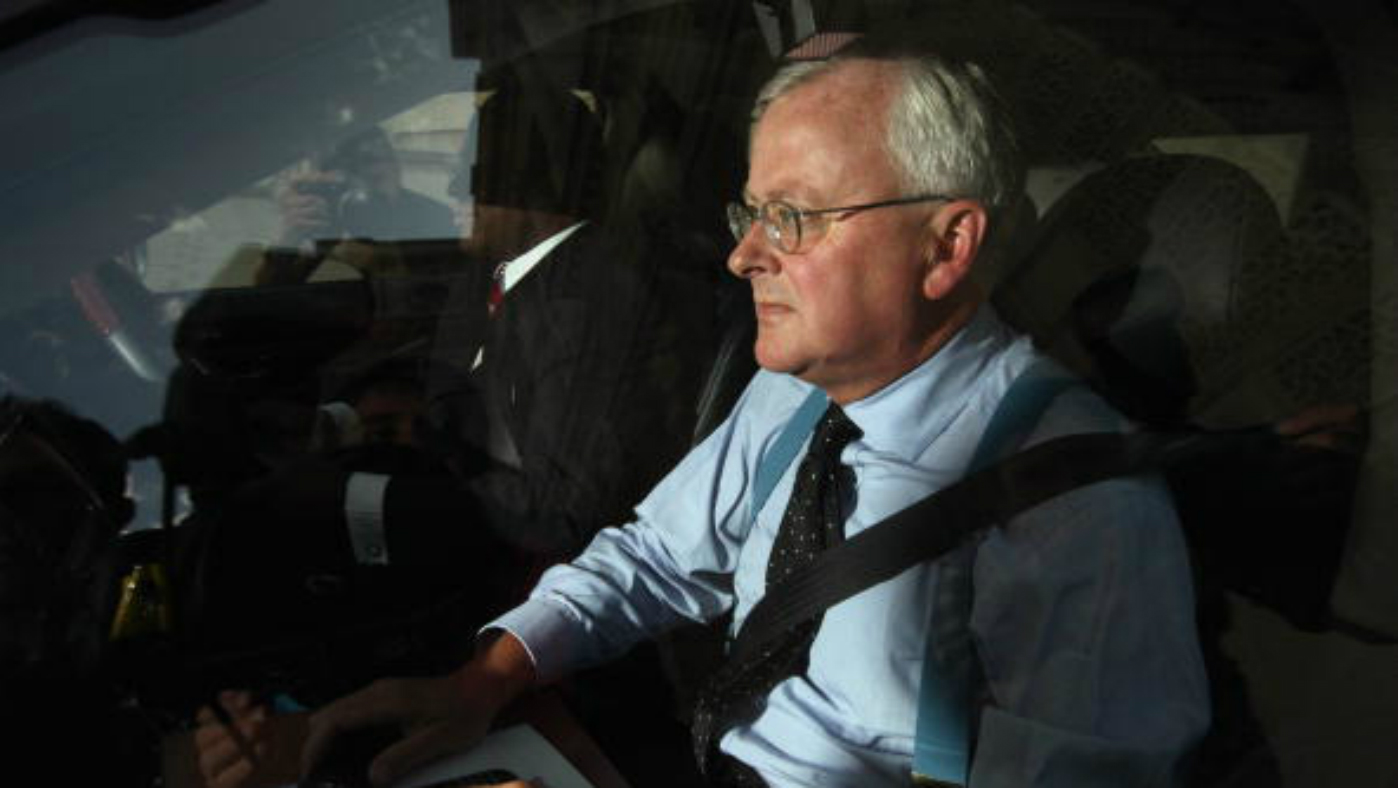
A free daily email with the biggest news stories of the day – and the best features from TheWeek.com
You are now subscribed
Your newsletter sign-up was successful
Barclays to book £200m loss after sale of Italian unit
3 December
Barclays is moving along with its plan to reduce the size of its balance sheet and offload 'non-core' assets, selling its retail banking operations in Italy.
The BBC says the bank will report a £200m loss for the fourth quarter against the value it attributed to the business, which comprised 89 retail branches. Mediobanca, the parent company of the buyer, CheBanca, said Barclays would pay €237m (£168m) to help refinance the Italian business as part of the deal.
The Week
Escape your echo chamber. Get the facts behind the news, plus analysis from multiple perspectives.

Sign up for The Week's Free Newsletters
From our morning news briefing to a weekly Good News Newsletter, get the best of The Week delivered directly to your inbox.
From our morning news briefing to a weekly Good News Newsletter, get the best of The Week delivered directly to your inbox.
Jes Staley, who became chief executive of Barclays Bank last month, said: "This transaction is further evidence of the re-shaping of Barclays Group to focus on our core businesses.
"We continue to make progress in the reduction of Barclays non-core as we target risk-weighted assets of around £20bn by the end of 2017."
The Financial Times notes the sale is "part of a radical overhaul announced in May last year, which involves shedding its 'non-core' operations overseas… [including] its retail operations in France, Italy, Portugal and Spain".
Barclays sold the Spanish business last year to Caixabank, booking a loss of £500m, and the Portuguese unit this year in a sale to Bankinter, booking a loss of around £140m.
A free daily email with the biggest news stories of the day – and the best features from TheWeek.com
Barclays shares were up 1.1 per cent this morning to 237p, the highest level in a month. This is in part a continued reaction to the positive result of stress tests from the banking regulator earlier this week.
Barclays hit with £72m fine over deal that earned £52m
27 November
Barclays has been hit with another fine from the UK's financial watchdog following a probe into so-called 'elephant trade' deals.
In what the Financial Times notes was the bank's seventh fine in the six years since 2009, the Financial Conduct Authority (FCA) has handed down a penalty of £72m. The fine takes the bank's total financial penalties in that time to more than £500m. Barclays made just £52m from the trades in question, says the BBC.
'Elephant trades' is a term used by bankers for deals worth more than £20m in revenue. In this case the money was made from transactions totalling £1.9bn in 2011 that were executed on behalf of wealthy clients.
The FCA says that the bank circumvented checks designed to prevent money laundering because it promised such strict confidentiality – even promising a payout worth nearly £38m if it failed to protect clients' identities – that few people in the bank were even aware of the transactions taking place.
The BBC says Barclays applied a lower level of checks than was typically the case even with lower-risk customers. The clients in this instance were deemed 'politically exposed persons', or PEPs, meaning there was a risk they could be seen to be abusing a position of public office.
No financial crimes were committed, but the regulator ruled that the bank had gone to "unacceptable" lengths to protect its clients' identities.
The Financial Times says that insiders have disclosed that the clients were Qatari. This is highly significant as Barclays is separately under investigation over a cash call on Qatari investors in 2008, with the Serious Fraud Office alleging that the bank broke listing rules by giving investors loans.
The bank says: "Barclays has co-operated fully with the FCA throughout and continues to apply significant resources and training to ensure compliance with all legal and regulatory requirements."
Barclays fined another $150m over Forex trading
19 November
Barclays has agreed to pay another $150m to US regulators over misconduct related to foreign exchange market trading, taking the bank's total fines to $2.55bn (£1.7bn).
Barclays agreed the settlement with the New York State Department of Financial Services – and has also agreed to 'terminate' an unnamed executive in charge of electronic fixed income, currencies and commodities at the bank – to bring to an end a probe into misconduct linked to an electronic trading platform.
The BBC says that Barclays "used super-fast trading systems to reject unprofitable client orders, then failed to disclose why they were rejected". Reuters further explains that it used a software feature called 'Last Look' in order to automatically reject client orders that would be unprofitable for the bank due to "price swings in the milliseconds-long hold periods" after orders were placed.
Industry guidelines say that banks should not use such features to reject client orders – and Barclays did update most of its systems after the regulatory probe was launched last so that it only rejected deals that would also be unprofitable for customers. But one system was left out and therefore the practice continued on seven platforms until August of this year, the settlement says.
The settlement also cites the behaviour of executives that showed the practice was deliberate, including an email dating back to 2011 in which one senior manager told staff to "just obfuscate and stonewall" if clients asked why orders were rejected. A staff member who questioned the system back in 2014 was also told that Last Look ensures profitability for Barclays but that the bank "does not share this info with the client".
In May, Barclays was one of five banks to be fined a total of $5.7bn after pleading guilty to criminal charges related to the manipulation of foreign exchange benchmarks. It was fined the largest amount of $2.4bn, the BBC notes, because it failed to take part in a regulatory settlement in November 2014 worth a combined £2bn.
Since then, Barclays has agreed with other banks to pay $1bn to settle private legal claims relating to Forex fixing in a case that could trigger further actions for billions of pounds in damages in the UK.
Barclays shares slump on weak results
29 October
Barclays is the latest bank to post weaker-than-expected results that have been affected by provisions for past wrongdoing. The bank's third-quarter report, published this morning, revealed profit fell by around a third during the three months from £1.2bn to £861m.
This was primarily the result of previously disclosed settlements with US regulators over boom-era mortgage debt securities and foreign exchange rate fixing, which the Financial Times notes cost a combined £560m.
Disappointing figures were not just constrained to past performance. The bank revealed that preparing for ring-fencing of its customer account-holding retail arm in the UK by 2019 will push its costs up next year from £14.5bn to £14.9bn – and by a total of £1.1bn by the time the restructuring is completed.
The return on equity target for 2016 was lowered from 12 to 11 per cent.
Rounding off the bad news, Reuters says Barclays' capital reserves were unchanged from the second quarter at a little more than 11 per cent of assets.
This is lower than analysts expected and slightly below transitional guidelines set by the UK regulator, which has given some to speculate Barclays may seek to raise new funds.
There were some more positive notes. In particular the investment bank increased its profits by 12 per cent, at the same time as many of its larger international peers have slipped back in a "tough market".
Core retail and commercial banking operations increased earnings by eight per cent.
Underlying profits missed their target by ten per cent, but this was largely the result of widening losses in the non-core division that is being slowly sold off.
The results will emphasise the challenges facing new boss Jes Staley, the veteran US investment banker unveiled as the bank's incoming chief executive this week.
Among a number of objectives, the Daily Telegraph's James Quinn says that he will need to move the bank on from past wrongdoing and boost morale if he is to turn around its performance.
"Staley should move to end all discussions around possible wrongdoing to allow Barclays staff to feel good about the company they work for once again. The results will be immeasurable," Quinn writes.
Barclays appoints investment banker Staley as new chief
28 October
Barclays has finally appointed its new chief executive, confirming widespread media speculation by hiring veteran investment banker Jes Staley. Early reports have focused on Staley's hefty pay deal, which could take his total earnings to well in excess of £10m in his first year if he hits targets.
Reuters notes the package includes a basic salary of £1.2m, a role-based "allowance" of £1.6m in cash and shares and an annual bonus of up to £5.5m. He will also be granted a £1.9m share award to compensate for a similar entitlement he is forfeiting at his former employer JP Morgan.
Attention is also concentrated on his background, with a 35-year career concentrated mainly in so-called 'casino' investment banking giving rise to speculation Barclays is turning back on a period of retrenchment for this underperforming part of its business.
But in a note to staff to introduce himself, Staley indicated he is committed to slimming down these operations to "complete the necessary transformation and repositioning... to a less capital intensive model". This, he said, was part of a programme to "complete the cultural transformation" of Barclays begun under his predecessor Anthony Jenkins.
Under this banner he also asserted his "unequivocal" respect for regulators and pledged to ensure relationships with watchdogs are "collaborative, not adversarial". He may need this to be the case if he is to navigate successfully one of the key challenges early in his reign: the separation and 'ring-fencing' [3] of the retail banking unit by 2019.
Barclays is thought to be seeking to achieve this by setting up the retail bank that holds customer deposits as a subsidiary of the investment bank rather than an entirely separate entity, allowing it to share the benefits of a stronger capital base.
It will, however, need to convince regulators this is not watering down the principle of protecting customer deposits from any problems that emerge within the riskier investment arm.
Barclays investors still seem uncertain on the new appointment. Shares in the bank were down 0.5 per cent this morning, compared to a rise of 0.3 per cent for the wider FTSE-100.
-
 Political cartoons for February 20
Political cartoons for February 20Cartoons Friday’s political cartoons include just the ice, winter games, and more
-
 Sepsis ‘breakthrough’: the world’s first targeted treatment?
Sepsis ‘breakthrough’: the world’s first targeted treatment?The Explainer New drug could reverse effects of sepsis, rather than trying to treat infection with antibiotics
-
 James Van Der Beek obituary: fresh-faced Dawson’s Creek star
James Van Der Beek obituary: fresh-faced Dawson’s Creek starIn The Spotlight Van Der Beek fronted one of the most successful teen dramas of the 90s – but his Dawson fame proved a double-edged sword
-
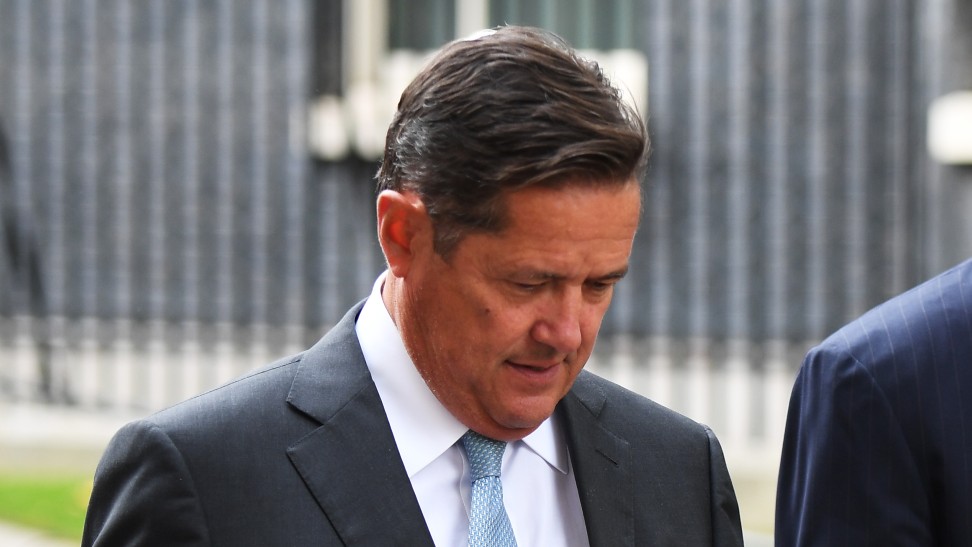 Why Barclays CEO Jes Staley stepped down over Jeffrey Epstein investigation
Why Barclays CEO Jes Staley stepped down over Jeffrey Epstein investigationIn the Spotlight Cache of emails between the two men prompted probe by UK regulators
-
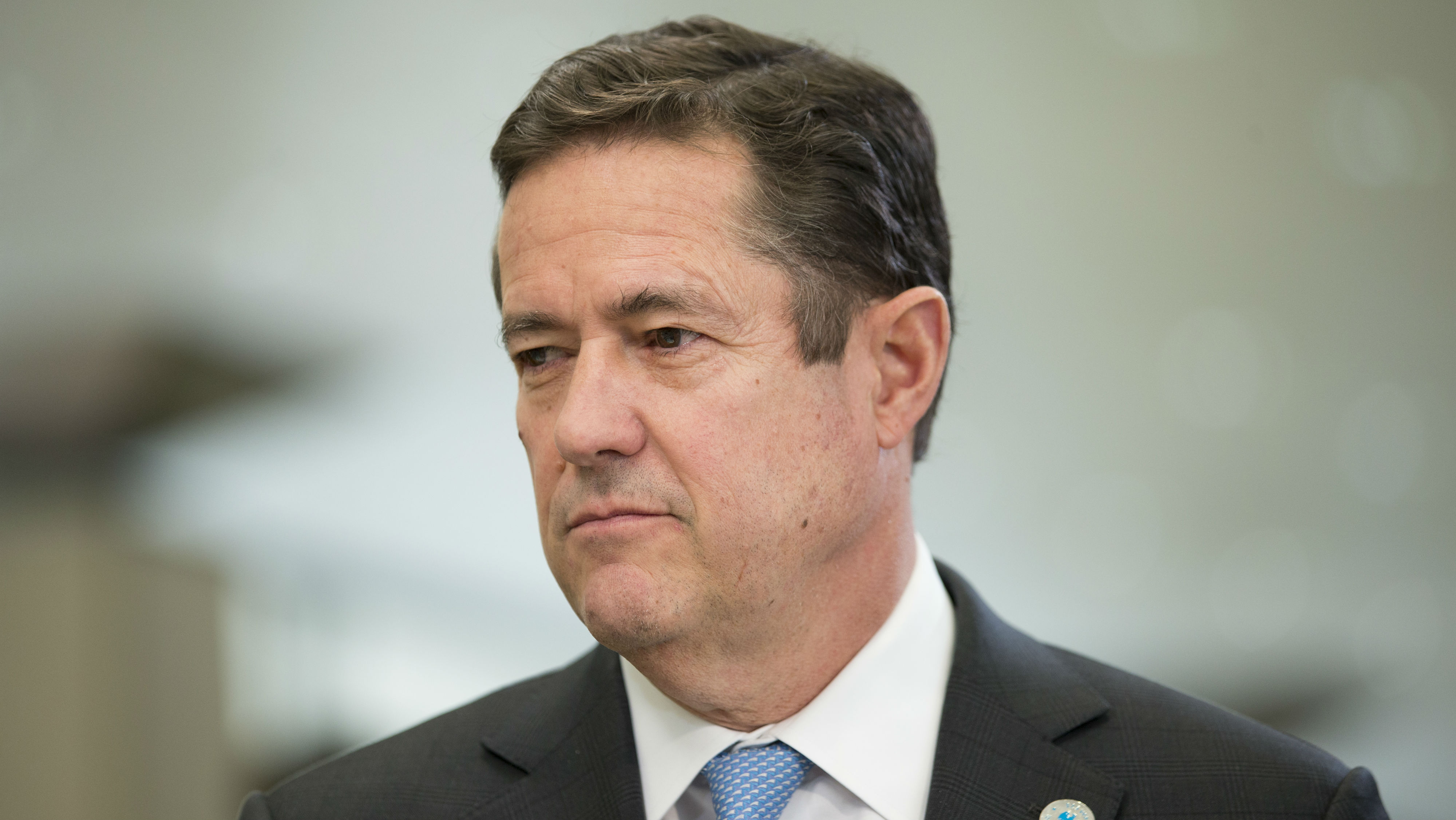 Jes Staley: how Barclays boss is involved in Epstein scandal
Jes Staley: how Barclays boss is involved in Epstein scandalIn Depth Chief executive says he now ‘deeply regrets’ friendship with paedophile financier
-
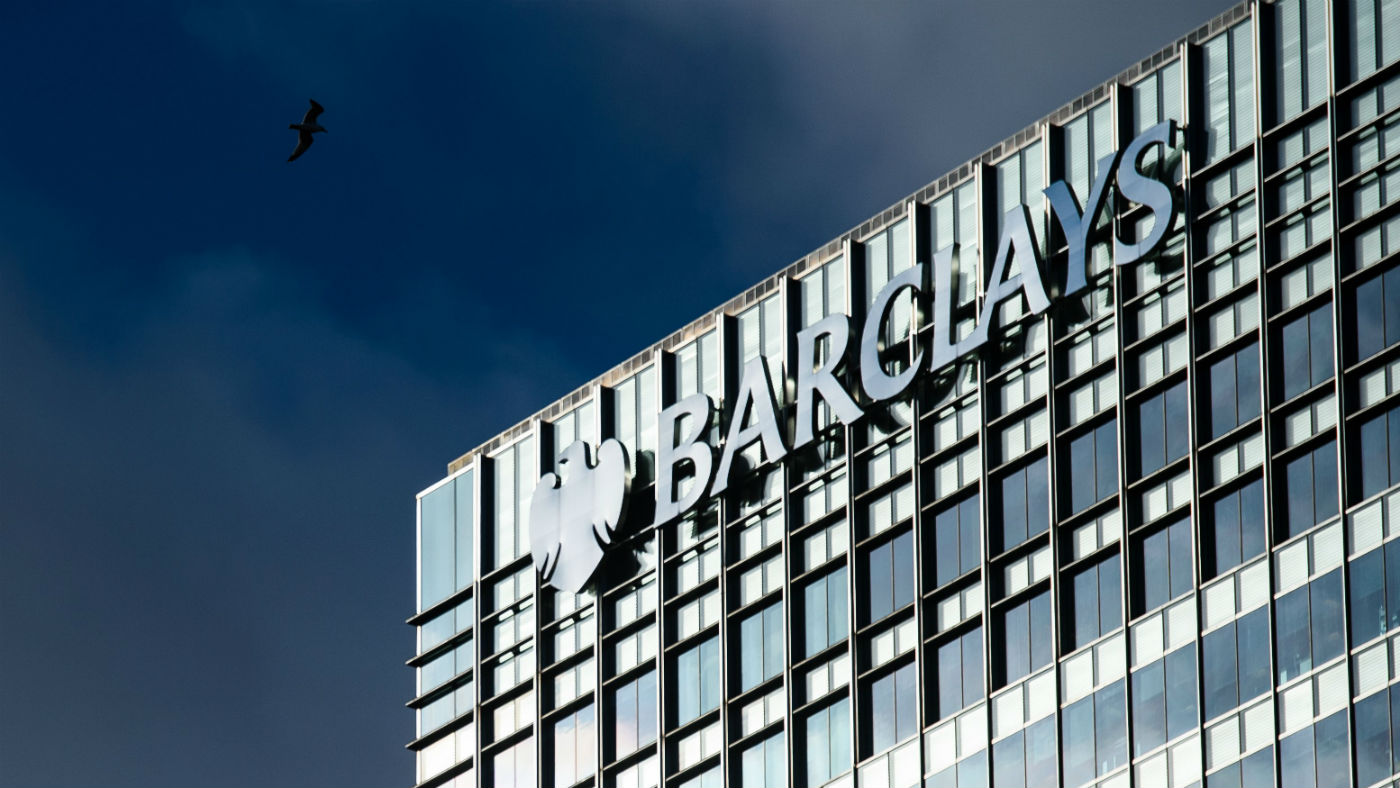 Barclays and RBS among banks to face £1bn forex lawsuit
Barclays and RBS among banks to face £1bn forex lawsuitSpeed Read Action follows European Commission ruling that lenders had broken EU competition law
-
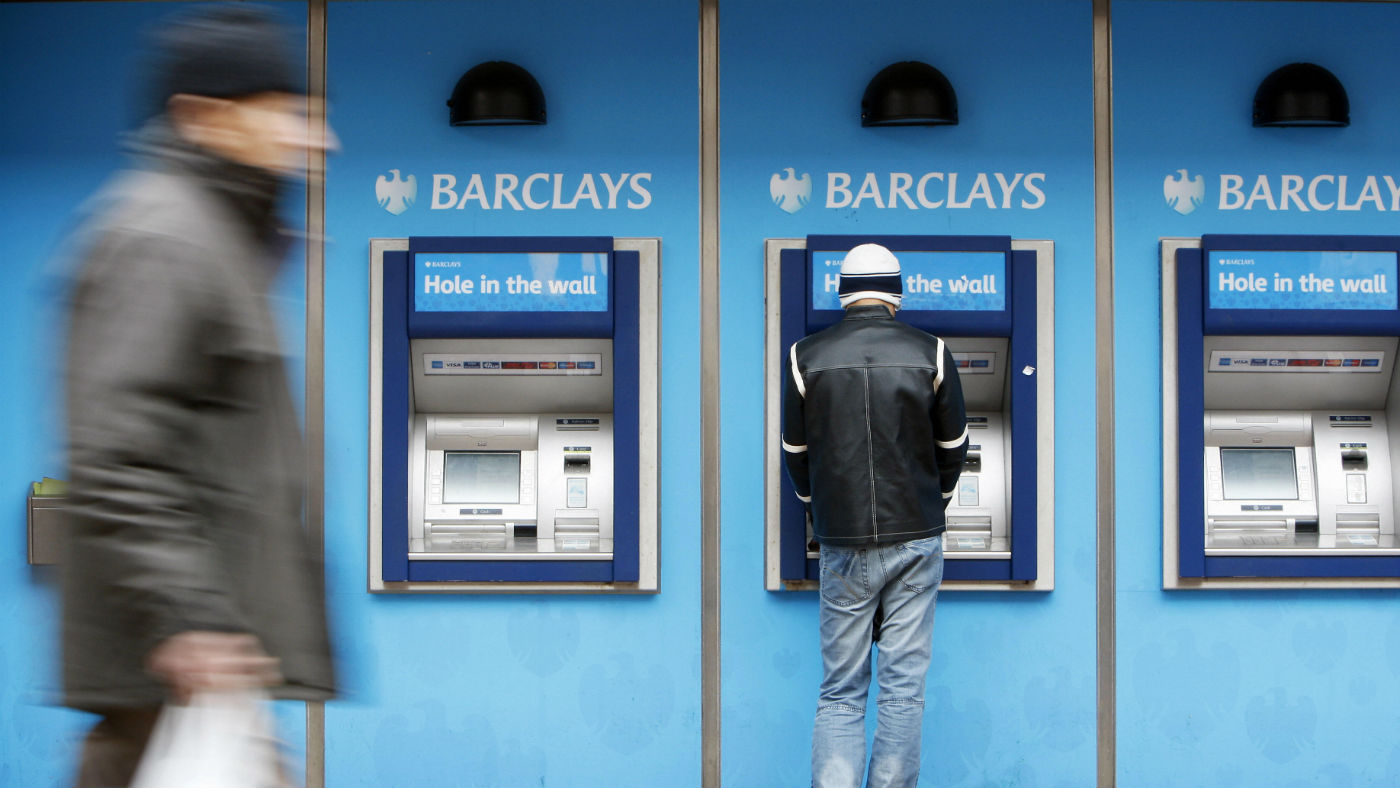 FBI warns cash machine global cyber-attack imminent
FBI warns cash machine global cyber-attack imminentSpeed Read British banks have been warned their ATMs could be mass-hacked by cyber criminals ‘in the coming days’
-
 Barclays’ Qatar bailout charges dismissed
Barclays’ Qatar bailout charges dismissedSpeed Read Serious charges thrown out, in a ‘major setback’ for the Serious Fraud Office
-
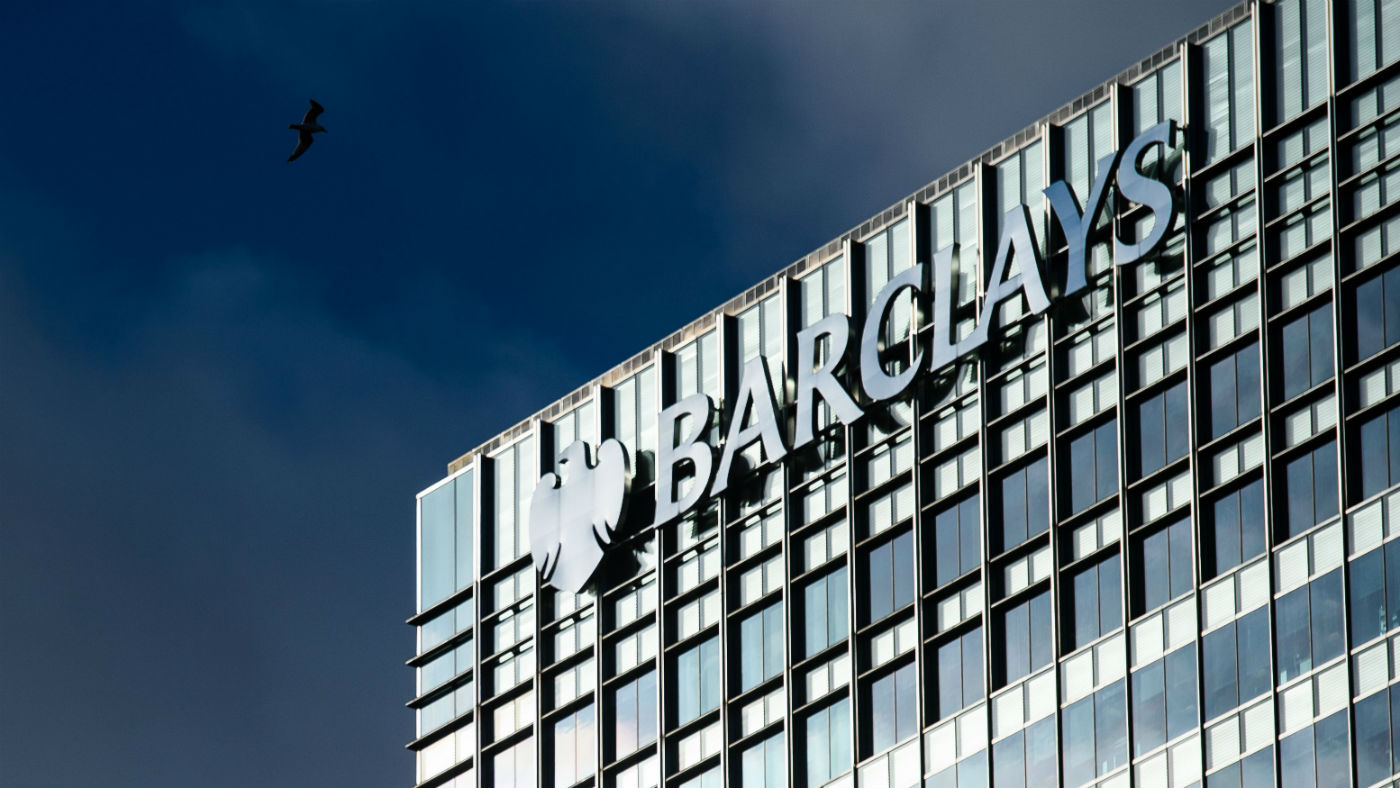 Barclays Bank charged over Qatari loan
Barclays Bank charged over Qatari loanSpeed Read Serious Fraud Office allege 2008 bailout money was used to provide ‘unlawful financial assistance’
-
 Barclays hit by £38m fine for putting clients' money 'at risk'
Barclays hit by £38m fine for putting clients' money 'at risk'Speed Read FCA dishes out biggest fine ever after Barclays failed to keep clients' assets separate from its own
-
 Dark pool fraud: what is Barclays accused of?
Dark pool fraud: what is Barclays accused of?In Depth US authorities allege 'disturbing disregard' for investors in Barclays 'dark pool fraud'